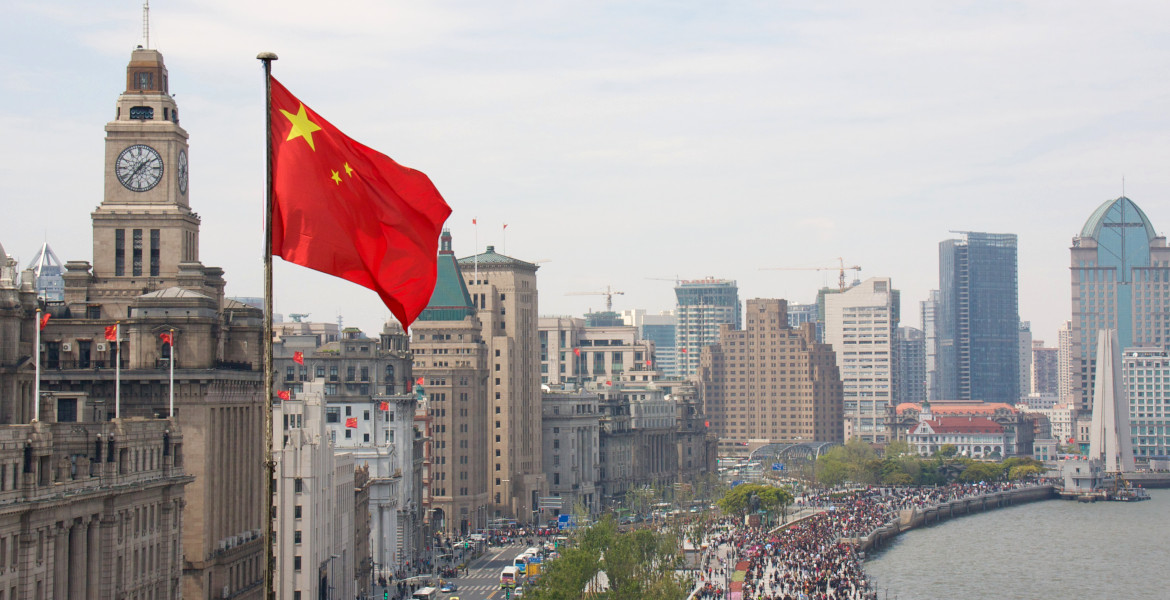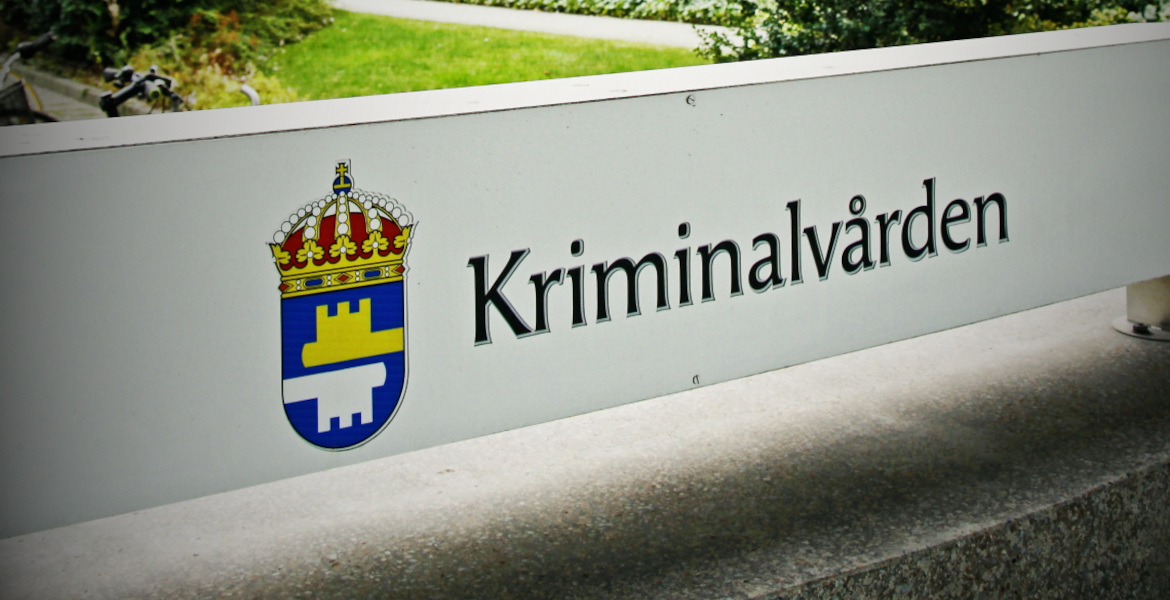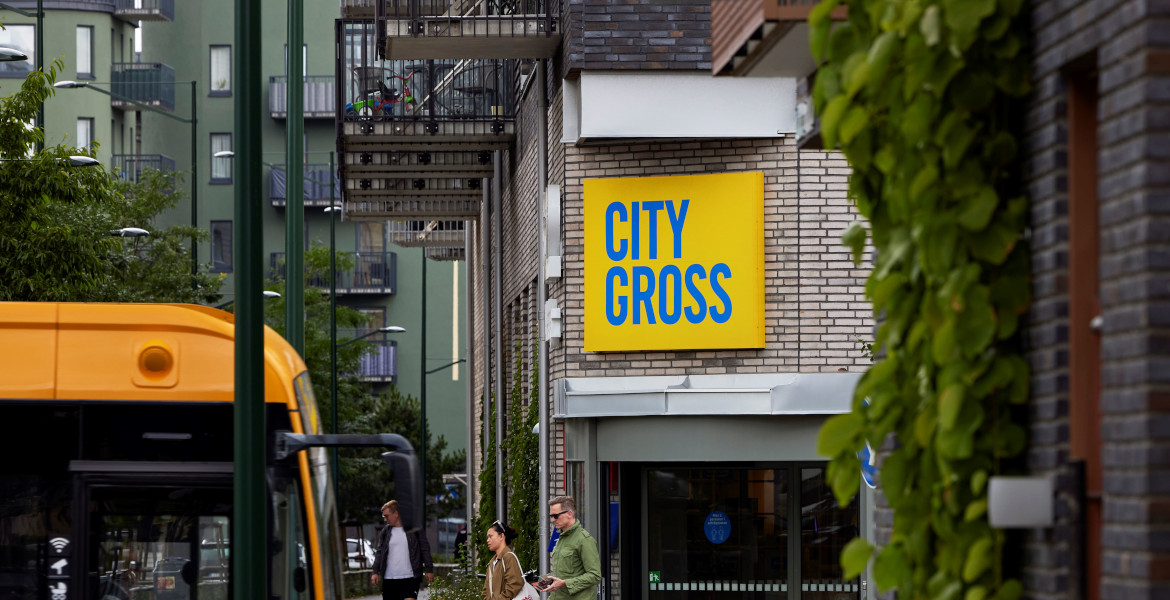In Sweden, only five players control 98% of food sales, an unusually high level of market concentration compared to the rest of Europe. Experts say the limited competition makes it difficult for smaller companies to enter the market and can drive up prices.
Food prices in Sweden have risen by 25% in just three years, while grocery chains are posting high profits and their executives are receiving million-dollar bonuses. Over the past week, Swedes have been urged to boycott the major food chains in protest at the high prices, which the campaigners say are due to a lack of competition.
Sweden stands out in Europe with an unusually high concentration of ownership in the food industry. A handful of players dominate 98% of the market, with ICA and Axfood being the largest with 49.9% and 21.9% respectively in 2023. Coop accounted for 17%, while Lidl and City Gross had a market share of 6.4% and 3.2% respectively in 2023. Axfood includes Willys, Hemköp, Tempo and last year, in 2024, City Gross was also bought by the group.
Few countries have a food market dominated by such a small number of players, according to Christian Jörgensen, PhD in economics and researcher at the Agrifood Economics Center at Lund University.
– This is partly due to Sweden’s many sparsely populated areas, where larger players find it easier to establish themselves. Partly because the low-price chains, which are found around Europe, have never really gained a foothold in Sweden, he says to TV4 News.
Swedish prices increasing faster than Finnish
Food prices have increased in several European countries, including Slovakia, Estonia and Lithuania, where they have risen at record rates. However, there is a big difference between Sweden and neighboring Finland, where prices have risen the slowest in the EU. In comparison, prices in Sweden have risen two and a half times as fast as in Finland, according to the Finnish public broadcaster Yle.
According to Jörgensen, the high food prices in Sweden cannot be attributed to a single cause, but several factors may be at play. It is also difficult to determine whether some operators are charging unjustifiably high prices. At the same time, he believes that the concentrated market may well contribute to higher prices.
– It is incredibly difficult for smaller players to break into the market, and the fewer players, the higher the risk of a lack of competition, which can increase prices, he says.







